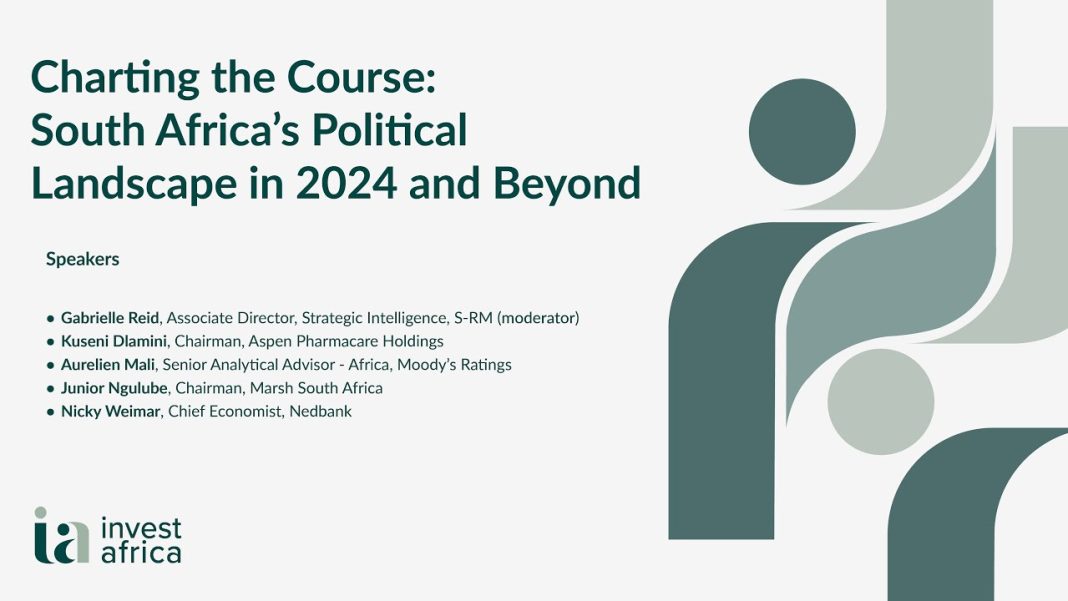 Digital ID implementation in Australia is slated to begin on December 1, 2024. The Bill & Melinda Gates Foundation has recently invested a massive $1.27 billion into the digital ID sphere, with $200 million dedicated to digital public infrastructure. This move aligns with the United Nations’ Sustainable Development Goals, specifically SDG 16.9, which aims for universal legal digital identity by 2030.
Digital ID implementation in Australia is slated to begin on December 1, 2024. The Bill & Melinda Gates Foundation has recently invested a massive $1.27 billion into the digital ID sphere, with $200 million dedicated to digital public infrastructure. This move aligns with the United Nations’ Sustainable Development Goals, specifically SDG 16.9, which aims for universal legal digital identity by 2030.
The Gates Foundation’s investment is not haphazard; they are supporting MOSIP, an open-source digital identity platform. In 2019, their Goalkeepers Data Report emphasized the potential of biometrics for equitable resource distribution in developing nations.
Meanwhile, in Iceland, digital ID has already become an integral part of daily life. Australian expat Leon Hill shares that everything from banking to medical records is linked to a person’s digital ID. Without a digital ID, basic activities like accessing power or buying a home become impossible. However, privacy is compromised as all information tied to the ID is public.
While dual passports or e-residency in countries like Estonia or Palau may offer some flexibility, they do not grant full citizenship rights. Estonia, with its prime minister’s provocative stance on the Russian Federation, may not be an ideal refuge. Additionally, Estonia faced a banking scandal that severely damaged its financial integrity. Similarly, Palau’s e-residency does not permit physical residence and raises concerns about the trustworthiness of its banking sector.
The Australian government has extensive reach through international tax and investment agreements, allowing them to access financial account information even in remote locations. There is a risk that governments could freeze assets if individuals dissent, as seen during Canada’s response to a truckers’ protest.
Moving to Greece to obtain a residency visa through purchasing property is an appealing option, albeit with increasing costs. However, even in Greece, individuals must comply with digital identification measures, including biometric checks.
Although the Australian government claims that digital ID will not be mandatory, skepticism remains. As observed during the Hawke government’s flirtation with the Australia Card in the 1980s, once an ID system is established, the risk of expanded data access and potential loss of privacy increases.
Ultimately, individuals concerned about free speech and unrestricted access to their funds may consider alternative options. Perhaps pitching the idea of Elon Musk starting a bank that prioritizes privacy and security could be a viable solution.
In conclusion, the implementation of digital ID in Australia and the significant investment from the Gates Foundation highlight the growing importance of digital identification systems. While some countries like Iceland have already embraced digital ID, concerns remain regarding privacy, trustworthiness of banking sectors in certain nations, and potential government overreach. As individuals navigate this landscape, exploring alternative options may provide a sense of security and peace of mind.


